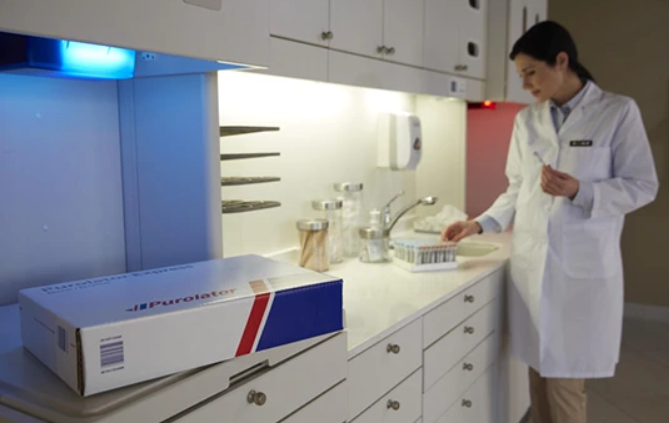
Wales has today become the first country in the UK to herald a revolutionary new system to increase the number of organ donors.
Wales will move to a soft opt-out system where those aged 18 years and above who have lived in Wales for more than 1 year and who die in Wales will be considered as having consented to organ donation unless they have opted out, which is called deemed consent.
Today’s change to the organ donation law may lead to a 25% increase in the number of organ donors. The most recent figures reveal that 14 people in Wales died while waiting for a transplant in 2014-15. 224 people are now on the Welsh transplant waiting list, including 8 children, compared with 209 in March last year.
The latest polling reveals that 69% of people in Wales are aware of the organ donation changes, up from 63% earlier in 2005. Understanding of the new law is also high, with eight out of 10 people being aware and able to explain the changes.
Health and Social Services Minister Mark Drakeford said:
‘This is a day when we take a ground-breaking step in Wales, which will save lives. The latest figures show 14 people died last year in Wales while waiting for a transplant.
‘The change to a soft opt-out system for organ donation will deliver a revolution in consent. Organ donation saves lives; increasing the rate of organ donation allows us to save more lives. That’s the key motivation for this significant change. Over the last 20 years a great deal has been achieved in improving medical practice in the field of organ donation but if we’re going to make further progress we need a leap in consent rates and that is why we have changed the law.
‘I hope this change will prompt people to talk with their loved ones about their organ donation wishes. We have worked tirelessly to publicise the change and people’s choices under the new system. The latest figures show that awareness and understanding has continued to increase and I am satisfied that we have left no stone unturned in our efforts to reach the Welsh public on this issue.’


















